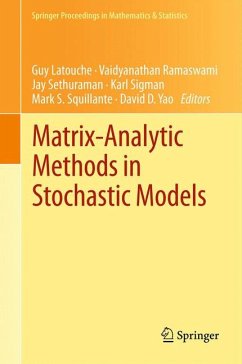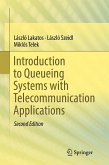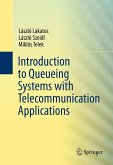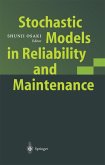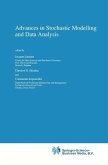Matrix-analytic and related methods have become recognized as an important and fundamental approach for the mathematical analysis of general classes of complex stochastic models. Research in the area of matrix-analytic and related methods seeks to discover underlying probabilistic structures intrinsic in such stochastic models, develop numerical algorithms for computing functionals (e.g., performance measures) of the underlying stochastic processes, and apply these probabilistic structures and/or computational algorithms within a wide variety of fields. This volume presents recent research results on: the theory, algorithms and methodologies concerning matrix-analytic and related methods in stochastic models; and the application of matrix-analytic and related methods in various fields, which includes but is not limited to computer science and engineering, communication networks and telephony, electrical and industrial engineering, operations research, management science, financial and risk analysis, and bio-statistics. These research studies provide deep insights and understanding of the stochastic models of interest from a mathematics and applications perspective, as well as identify directions for future research.
Dieser Download kann aus rechtlichen Gründen nur mit Rechnungsadresse in A, B, BG, CY, CZ, D, DK, EW, E, FIN, F, GR, HR, H, IRL, I, LT, L, LR, M, NL, PL, P, R, S, SLO, SK ausgeliefert werden.

